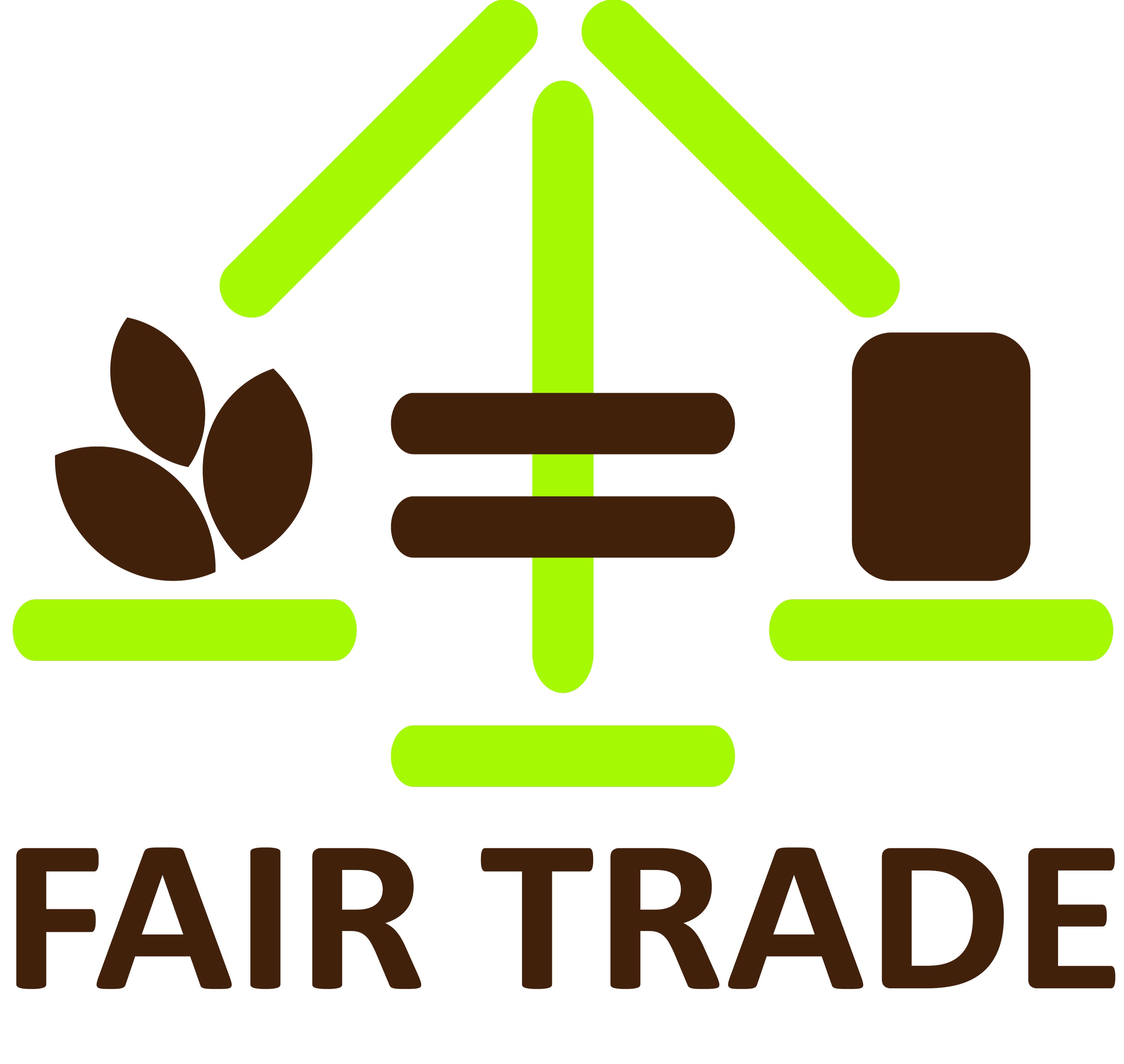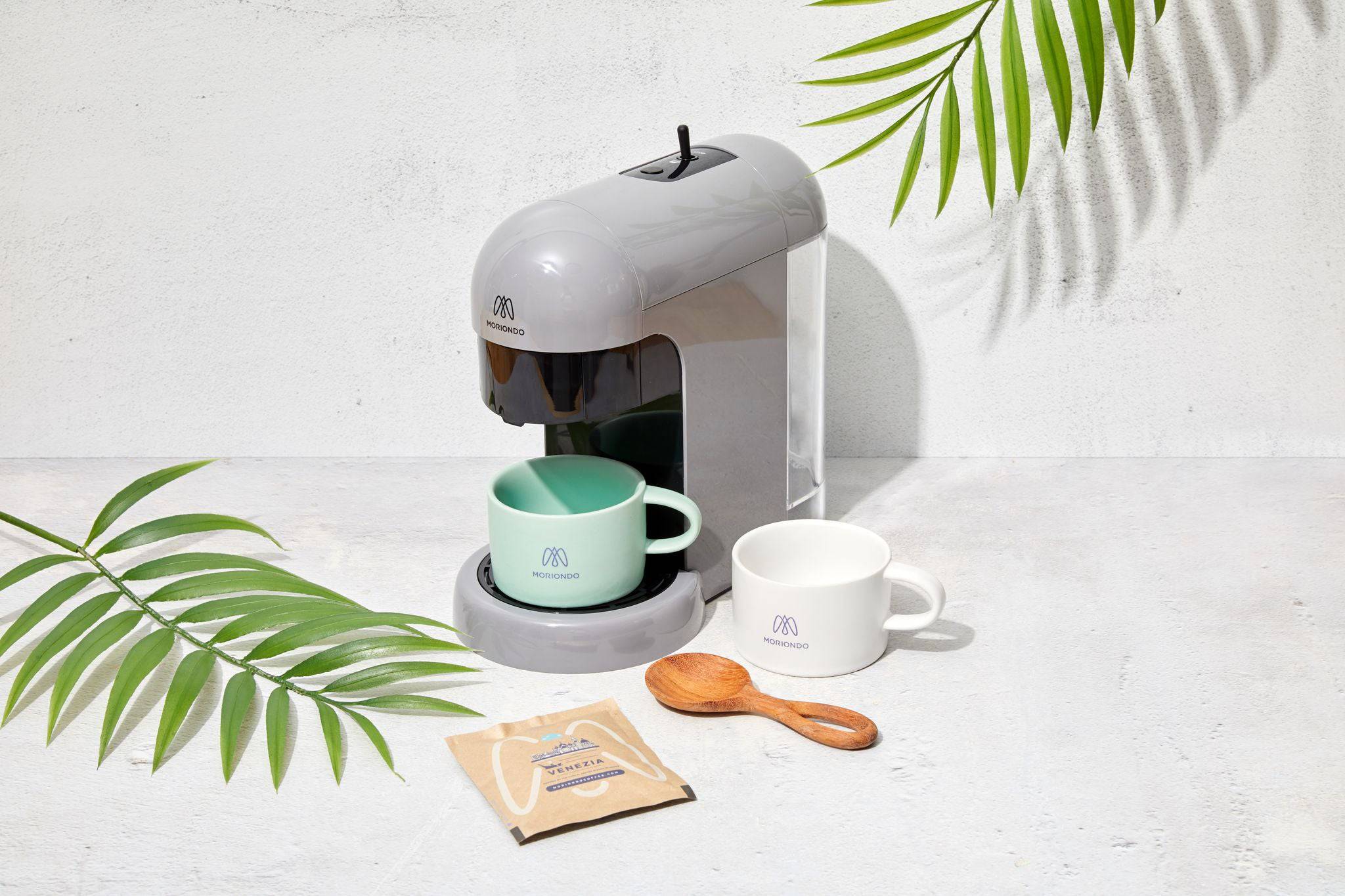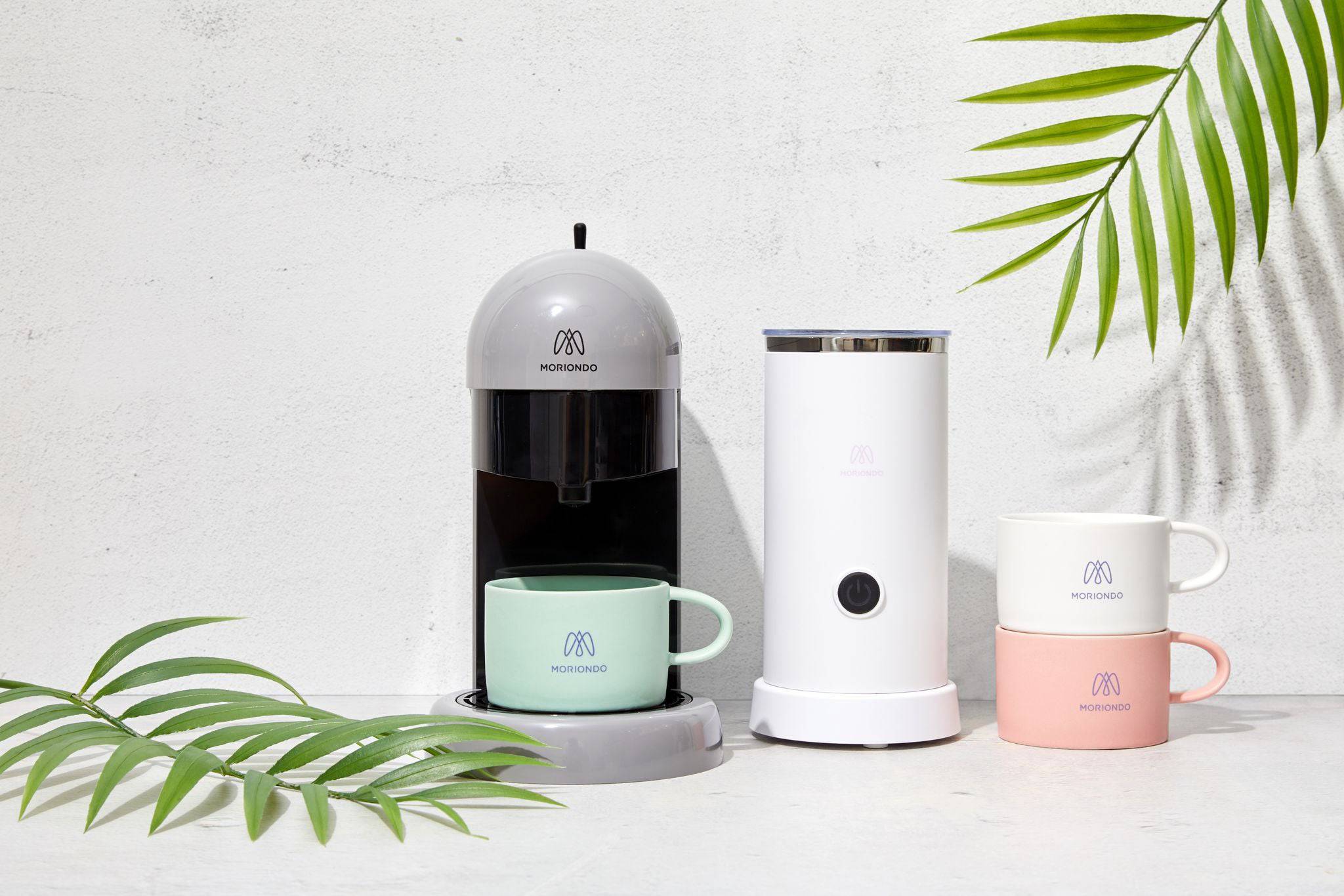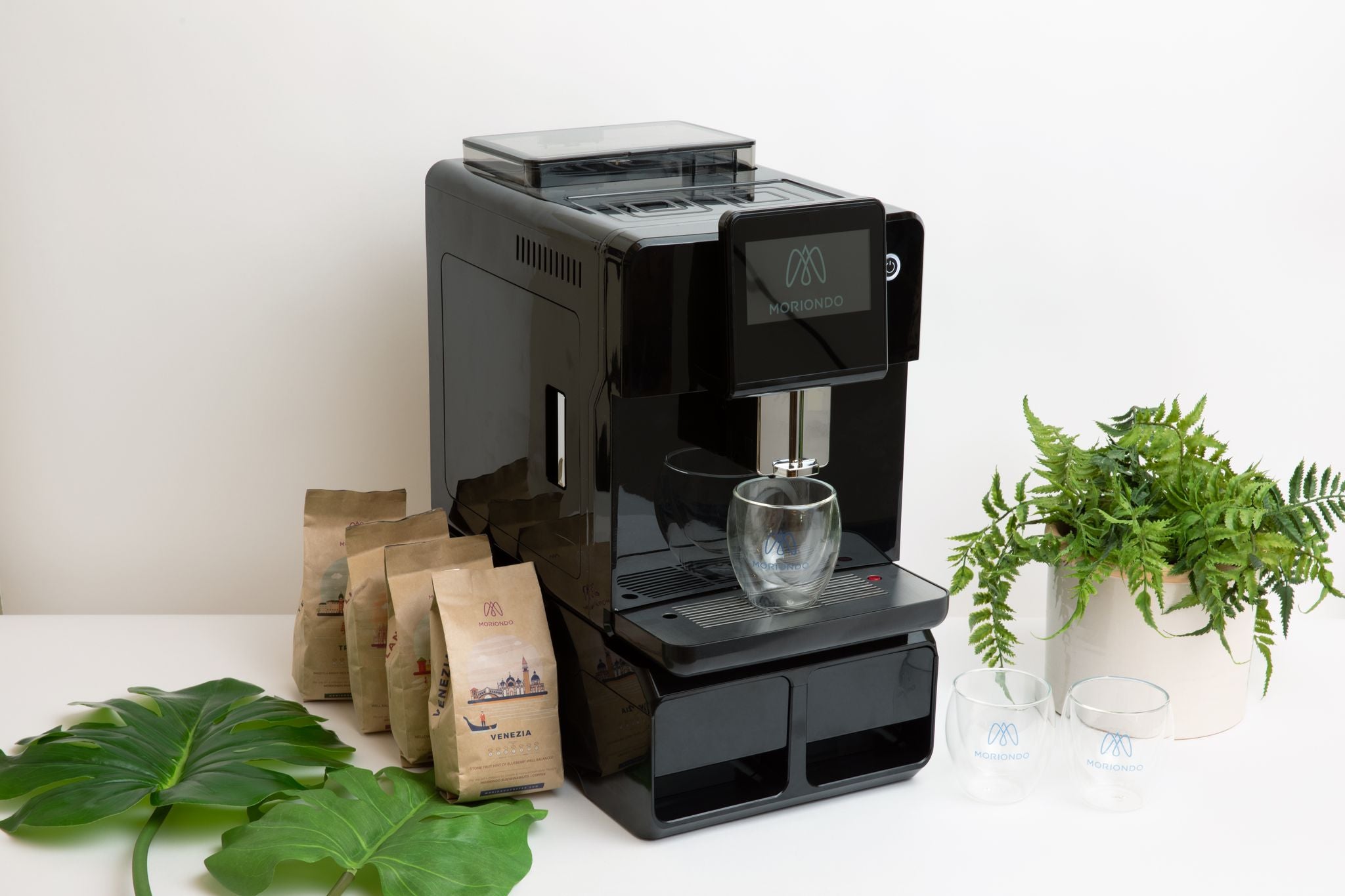Is Fair Trade Coffee Worth It ?
Yes, Fair trade USA is beneficial for coffee as it ensures fair prices for farmers, promotes sustainable practices, and supports community development.
How Does Fair Trade Work?
Fair Trade is an initiative that operates through various mechanisms to promote fairness in the global trading system from the cultivation of green coffee beans to the sale to Fair Trade buyers. It aims to ensure that farmers and workers in developing countries receive fair compensation for their products and labor. Here's a more detailed explanation of how Fair Trade works:
One of the key features of Fair Trade certification is its unique pricing model. Fair Trade coffee brands set a minimum price, known as the Fair Trade Minimum Price, which acts as a safety net for fair trade producer groups during times of market volatility.
This minimum price is usually higher than the prevailing market price and helps protect fair trade farmers from fluctuations that could negatively impact their livelihoods. By guaranteeing a minimum income, Fair Trade puts more money into the hands of farmers and workers.
In addition to the minimum price, Fair Trade also encourages buyers to pay a Fair Trade premium. This is an extra amount per pound of coffee beans purchased that goes directly to the producer organizations. The premium is invested in community development projects chosen by the coffee farmers themselves. These projects could include building schools, improving healthcare facilities, or promoting environmental sustainability in their communities.
Fair Trade organizations also play a crucial role in setting and monitoring rigorous standards throughout the supply chain. These standards cover a wide range of social, environmental, and economic criteria. They ensure fair wages, safe working conditions, environmental sustainability, and prohibit child labor and harmful chemicals. Certification organizations assess and certify eligible producer organizations based on these standards.
To support producers, Fair Trade establishes local and regional expert networks. These networks provide training and technical assistance to farmers, helping them improve their production methods, increase yields, and access international markets. The knowledge and expertise shared through these networks empower farmers to strengthen their position in the global market.
Furthermore, Fair Trade creates demand for ethical goods in countries like the United States. Through consumer education and awareness campaigns, Fair Trade organizations promote the values and benefits of purchasing Fair Trade products. This increased demand incentivizes businesses to source Fair Trade goods and expands market opportunities for producers.
What Are the Benefits of Fair Trade?
Why buy fair trade coffee? Fair Trade offers several significant benefits to coffee producers and their communities. Here's a concise explanation of the key benefits:
Fair Trade is one of the largest and most diverse global movements for change. It brings together producers, consumers, businesses, and organizations committed to promoting social and economic justice in the global trading system. By supporting Fair Trade, individuals contribute to a broader movement striving for positive change.
The unique Fairtrade Premium is an additional fair trade price paid to producers for each pound of Fair Trade certified coffee sold. This premium is invested in community development projects chosen by the fair trade coffee farmers themselves. It empowers communities to address their specific needs and priorities, such as building schools, healthcare facilities, or infrastructure, thereby improving their overall well-being.
Fair Trade prioritizes fair price for producers. By guaranteeing a minimum price, Fair Trade provides farmers with a reliable income that covers their production costs and ensures a sustainable livelihood. This economic stability allows them to invest in their farms, improve their agricultural practices, and support their families.
Fair Trade actively supports women in coffee-producing regions to set up their own businesses. It recognizes the crucial role women play in the coffee industry and provides them with opportunities for entrepreneurship and economic independence. By empowering women, Fair Trade contributes to gender equality, social inclusion, and community development.
Furthermore, Fair Trade aligns with the Sustainable Development Goals (SDGs) established by the United Nations. The SDGs aim to address various global challenges, such as poverty eradication, gender equality, sustainable economic growth, and environmental sustainability.
By promoting fair prices, empowering women, and investing in community development, Fair Trade contributes to the achievement of these goals and fosters a more sustainable and just world.
Is Fair Trade Really Fair?
While Fair Trade has made significant strides in promoting fairness in the coffee industry, there are ongoing debates and criticisms when it's compared to direct trade.
Concerns include limited reach, certification costs, market limitations, complex supply chains, and price limitations. These factors raise questions about the effectiveness and inclusivity of Fair Trade practices.
While Fair Trade strives to create more equitable trading partnerships, the complexity of global supply chains and market dynamics present challenges in ensuring fairness for all stakeholders.
Read Also: Coffee Machine Subscription
FAQs
Is Fairtrade good for coffee?
Yes, Fair trade USA is beneficial for coffee as it ensures fair prices for farmers, promotes sustainable practices, and supports community development.
Does Fairtrade actually mean anything?
Yes, Fairtrade holds significance as it is a globally recognized certification system that sets standards for fair treatment of producers. It ensures fair trade price, decent working conditions, and community development.
Good Tasting Coffee: How to Identify Coffee Flavors

In order to appreciate the different types of coffee available, it's important to cultivate an awareness of its unique characteristics. Let's take a look at the way coffee connoisseurs judge different cups of coffee.
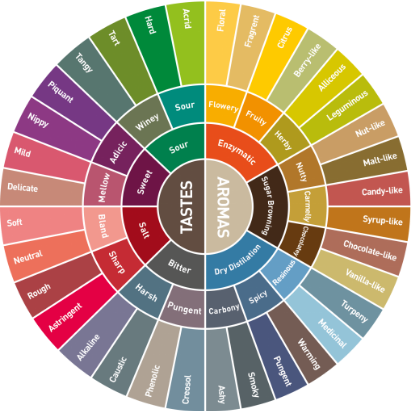
Aroma
The scent of a cup of coffee has a direct influence on how we perceive its flavor. As you drink coffee try to notice if the scent is smoky, fruity, earthy, spicy, nutty or grassy.
Acidity
One of the most defining characteristics of a cup of coffee is its acidity. This is the sharp, bright tangy quality of coffee that perks up our senses. Coffee doesn’t necessarily contain just one type of acid, either. It may contain citric acid, malic acid (fruity in flavor) or even quinic acid from stale coffee, which gives us stomach aches.
Body
This is the weight, thickness and texture of coffee in your mouth. The body of different types of coffee falls on a spectrum of light- to full-bodied viscosity (thin to thick).
Flavor
This is where comparisons come in handy and there is some overlap between aroma and flavor. Your coffee might taste bitter, sweet, savory or sour with common comparisons to chocolate, wine or fruit.
Related Posts




